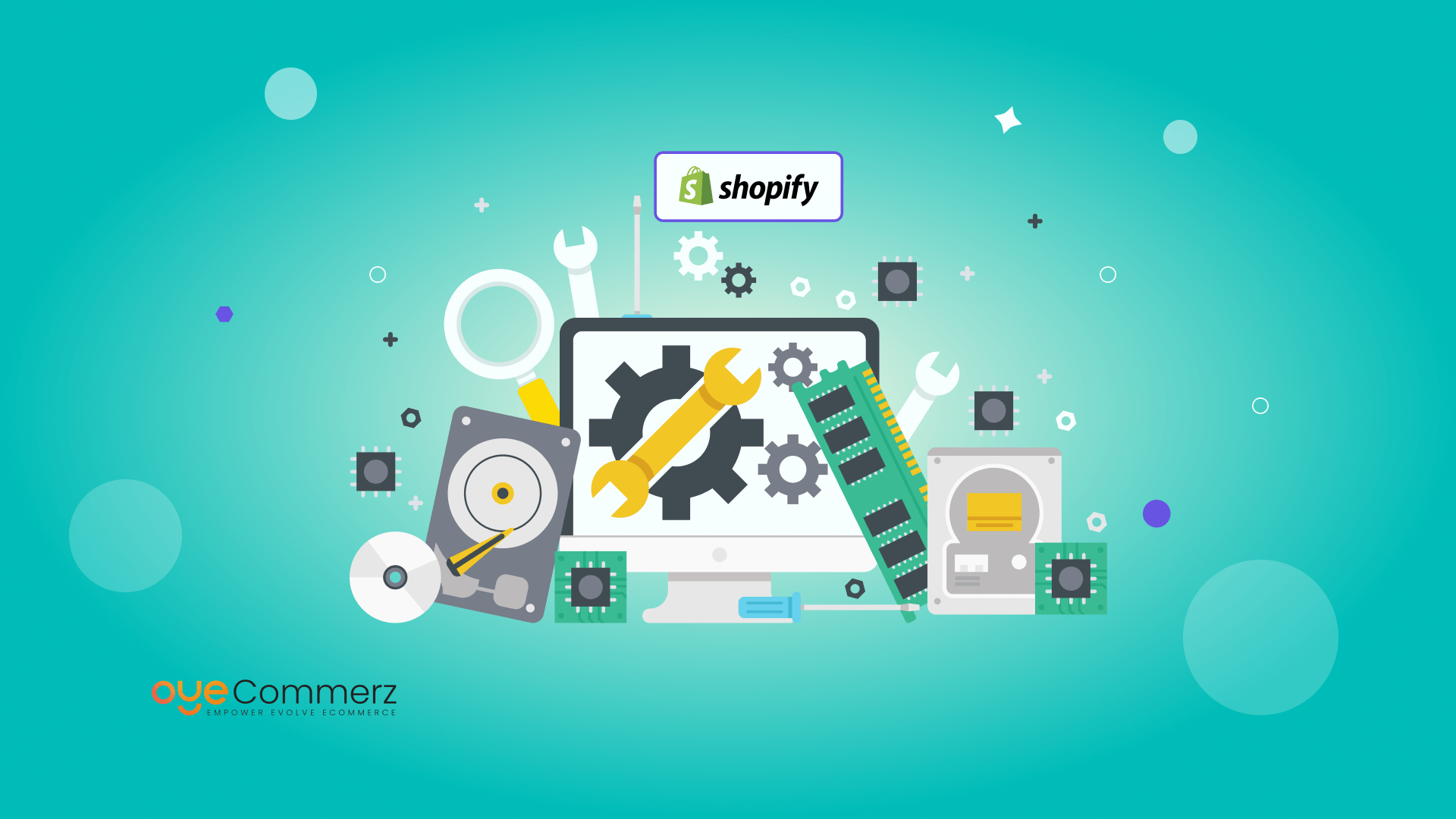Introduction
In the current competitive e-commerce landscape, standing out is essential, and one of the best ways to set apart a Shopify store is through custom app creation. A well-built Shopify app can boost store functionality, streamline operations, and elevate customer interaction. This guide delves into key elements of Shopify app development, covering API integration and app ecosystem to scaling strategies and promotion methods, providing a roadmap for companies seeking superior store performance.
Why Shopify API Integration Matters
Shopify’s API provides powerful tools to customize and expand store capabilities. With the GraphQL and REST API options, developers can access data to build applications that handle inventory control, order handling, and customer data management smoothly. Integrating Shopify’s API can enable improved workflow automation and allows stores to serve customers more effectively.
Utilizing the Polaris Design System
Shopify’s Polaris is Shopify's design system for designing user-friendly and accessible Shopify apps. By following Polaris principles, developers ensure that apps seamlessly integrate within the Shopify Admin interface. This provides a cohesive appearance that appeals to Shopify merchants, encouraging usability and familiarity for merchants utilizing your tailored app.
Navigating the Shopify App Ecosystem
The Shopify app ecosystem offers endless possibilities for enhancing e-commerce sites. From handling order fulfillment to boosting customer interaction, apps in this ecosystem are designed to meet various business requirements. Learning about this system assists developers in identifying unique app ideas and enables seamless integration of external tools that enhance the store.
Building Embedded Shopify Apps
Embedded apps integrate directly within the Shopify Admin, allowing a seamless experience for merchants. They allow merchants don’t have to navigate away from their Shopify dashboard, streamlining their workflow. Using Shopify App Bridge and embedded app capabilities is a best practice for providing a unified, integrated user experience.
Using Node.js and React for Shopify Apps
The technologies Node.js and React have become top options for Shopify app creation. Node.js enables high-performance back-end services, while React enables dynamic, responsive front-end user interfaces. Together, they offer an strong framework for building fast, growth-ready Shopify apps that improve store performance and customer engagement.
Webhooks in Shopify Apps
Webhooks enable instant data synchronization between Shopify and an outside application. They trigger events such as order creation or stock changes and provide immediate notifications to your app. By utilizing webhooks, apps can deliver real-time information to store owners, streamlining workflows and Tools to improve Shopify customer engagement increasing efficiency.
Engaging Customers Through Digital Marketing for Shopify Apps
To ensure Shopify app success, engaging customers is key. Utilizing digital marketing strategies like SEO, email marketing, and social outreach can increase app usage. Additionally, designing apps with customer engagement in mind (e.g., loyalty programs or personalized suggestions) increases user loyalty and satisfaction.
Making Your Shopify App Scalable
As e-commerce businesses grow, so do their technological needs. Making sure that your app can scale to handle higher usage, larger data sets, and more advanced functionalities is critical. By improving Shopify design guidelines server capacity and using scalable solutions, you can create apps that expand in parallel to a store’s growth.
Essential Features and Maintenance for Shopify Apps
For an app to be effective, it should include key capabilities like user login, analytics dashboard, and support channels. Ongoing app maintenance, including updates to fix bugs and ensuring compatibility with new Shopify features, is vital to maintain uninterrupted performance and avoid interruptions to business processes.
Conclusion
Custom Shopify app development holds vast potential for e-commerce stores, providing the ability to enhance performance, streamline processes, and build customer relationships. From integrating APIs to ensuring scalability and customer interaction, building a Shopify app requires thoughtful preparation and strategic execution. If you’re ready to elevate your e-commerce experience, a tailored Shopify application may be the perfect choice. What capabilities do you envision for your dream application? Share your thoughts and take the first step toward an optimized e-commerce journey!
